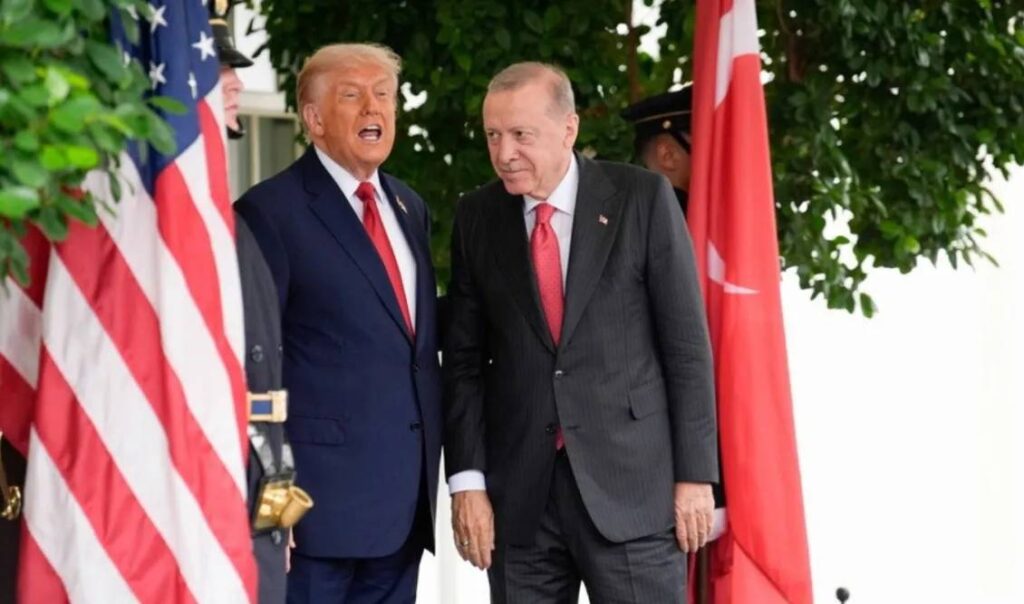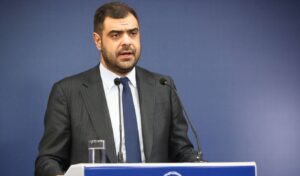Two significant events that unfolded regarding Greece-Turkey relations last week in New York – the cancellation of the Erdogan-Mitsotakis meeting and the triumphant reception of the Turkish President at the White House – are concerning and show how the current momentum gained by the neighboring country is difficult to reverse.
What Erdogan’s US contacts mean for Greece-Turkey relations
Diplomatic sources told parapolitika.gr that over time there is a possibility that the favorable climate Turkey seeks in international balances could become established and create situations that are difficult to reverse in the region. The further interstate correlations that will be formed in the coming days will show the results produced by Tayyip Erdogan’s meeting on Thursday at the White House. The question is whether the warm climate that prevailed in Washington will extend to Europe, something that remains to be proven in practice at the Informal Summit to be held on Wednesday, October 1st, in Copenhagen. At the center of the meeting of EU member state leaders, the strengthening of European defense industry is expected to be discussed – within the framework of the Ukrainian issue. Information suggests that NATO Secretary General Mark Rutte may request the lifting of the conditions (Casus belli) that our country imposes for Ankara’s inclusion in the SAFE defense program.
The alliances our country has formed within the European Union against Turkey’s expansionist intentions appear to no longer be supported by strong foundations. Experienced diplomatic circles show particular concern about Italy’s stance toward our country. This is mainly caused by its participation in early August in the trilateral Libya-Turkey-Italy meeting in Constantinople, during the time when Libya was turning – apparently under Ankara’s guidance – against our country at the UN, with a Verbal Note based on the illegal Turkish-Libyan memorandum, on which Italy has not taken a position.
However, France’s stance toward our country also causes concern, as just a few days ago French diplomatic circles in Athens conveyed that in case of an armed attack by Turkey on Greece regarding the electricity interconnection issue between Crete and Cyprus (GSI), the “mutual assistance clause” as recorded in Article 51 of the UN Charter and included in the Greece-France bilateral agreement in September 2021 would not be activated. The same French diplomatic sources justify their position by citing GSI’s involvement in issues concerning “business and economic disagreements,” despite the fact that the project is being implemented by the French company NEXANS.
The two above issues – Turkey’s participation in the Safe defense program and its stance on the cable laying – constitute the fields where Greece-Turkey relations will be tested in the immediate future. This is where Athens will test its reflexes and measure its friends and allies.




